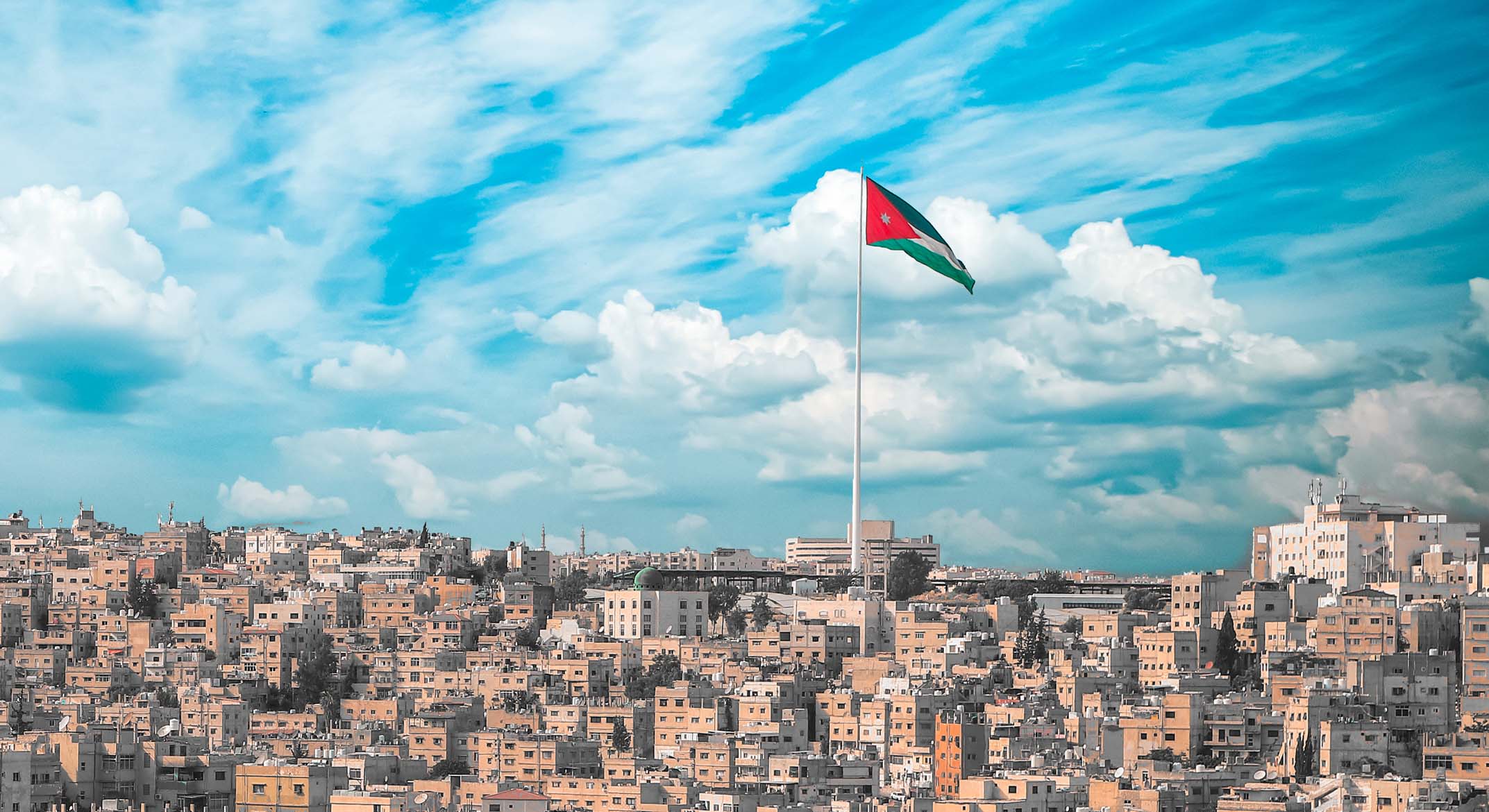
Shadow report (Spotlight) For the Voluntary National Report on the SDGs-2030 - Jordan – July 2022
Shadow report (Spotlight) For the Voluntary National Report on the SDGs-2030 - Jordan – July 2022
Please click here to download the full report.
Prepared by:
Arab Women Association
Tamkeen for Human Rights and Legal Aid
Rashid for Transparency - a member of Transparency International
Lawyers Without Borders
Justice Center for Legal Aid
Phenix Center for Economic and Informatics Studies
Center for the Protection and Freedom of Journalists
Coordinated by:
Arab NGO Network for Development - ANND
Background
In 2015, the Government of Jordan (GoJ) committed itself to the 2030 Agenda on Sustainable Development and the 17 Sustainable Development Goals (SDGs). Jordan prepared its first Voluntary National Review (VNR) at the High-Level Political Forum in July 2017. Five years later, Jordan will be presenting its second Voluntary National Review at the July 2022 session, showing commitment to the 2030 agenda. As part of the High-Level Political Forum, civil society organizations from the reporting countries will be able to offer their assessments of the progress achieved.
In Jordan, some civil society organizations collaborated on the present spotlight report for their country’s VNR. This report will complement the discussion on implementing the 2030 Agenda in Jordan. Given the expertise of the participating civil society organizations, this spotlight report focuses on the goals No Poverty (SDG 1), Zero Hunger (SDG 2), Gender Equality (SDG 5), Decent Work and Economic Growth (SDG 8), Reduced Inequality (SDG 10), Peace, and Justice and Strong Institutions (SDG 16).
By signing the 2030 Agenda, governments worldwide committed themselves to “leaving no one behind”, eradicating poverty, reducing inequality, and fostering sustainable economic growth in a peaceful society. Achieving the SDGs by 2030 presented a challenge when the Agenda was signed in 2015, and when the Government of Jordan (GoJ) submitted its first VNR in 2017. It remains a challenge today. The Covid-19 pandemic has hit the global economy hard, led to job losses worldwide, led to the halting of reform programmes and encouraged governments to act quickly rather than thoughtfully or inclusively. In 2022, the Russo-Ukrainian war is shaking the geopolitical world order and, even more tangibly, has led to a global food shortage.
The Jordanian government considers these developments the main obstacle to its achievement of the SDGs. While it is true that Jordan has not been immune to these global challenges, Jordan's chronic developmental and economic imbalances have simply been exacerbated by, but were not caused by these developments.
Nearly since the inception of the state, Jordan has struggled with economic imbalances, such as public budget deficit and general state indebtedness, resulting in high levels of poverty and unemployment. Accordingly, Jordan has been under the umbrella of the International Monetary Fund (IMF) restructuring programmes intermittently since 1989, and as of 2022, has received nine IMF loans. Most recently in 2020, Jordan has entered a four-year programme with the IMF that will eventually transfer $1.3 billion to Jordan and which has since been augmented due to the impact of the Covid-19 pandemic on the economy. As with any IMF loans, conditions have been imposed on Jordan to implement non-social austerity measures, restructure its public sector (the main provider of employment in the country) and amend its tax and social protection systems with negative consequences for the inclusivity of economic growth. Combined with the push of other International Finance Institutions for austerity-driven reforms, it is external demands that have directly, or indirectly, influenced Jordan’s economic policies, without addressing the internal economic problems affecting the daily lives of the majority of Jordanians. These austerity reforms have negatively affected unemployment rates, and burdened the poor rather than the rich. Some of these policies negatively affected the achievement of many SDGs in 2030. They have reduced domestic demand and therefore economic growth. Geopolitical developments make the situation even worse, even though there have been some achievements. In the following, this report shines a light on the achievements and challenges Jordan faced and continues to face in implementing the SDGs given these factors.
Jordan’s VNR this year comes at a crucial time, as the consequences of the Covid-19 pandemic, stagnant economic growth, refugee movements and internal political developments slow down the achievement of the SDGs. At the current pace of achievement, Jordan will not meet many of the Sustainable Development Goals by 2030. The pace of implementation in some areas is not only slow but also regressive with regards to some goals. With regards to most SDGs discussed in this report, the situation over the last five years has not only not improved but also shows signs of worsening. Renewed focus on the goals set by the 2030 Agenda can help Jordan provide for its people and achieve equal prosperity and peace and a political climate characterized by partnership and consensus.
Importantly, a more participatory decision-making process with increased accountability and involvement of civil society and the Jordanian public concerning the implementation of economic policies aimed at improving the livelihoods of Jordanians is needed. It will inevitably lead to an improved economic situation and in turn, a better chance of achieving the Sustainable Development Goals.
This report highlights the achievements and challenges Jordan continues to face in the implementation of the 2030 Sustainable Development Goals:
Shadow report (Spotlight) For the Voluntary National Report on the SDGs-2030 - Jordan – July 2022
Please click here to download the full report.
Recent publications

